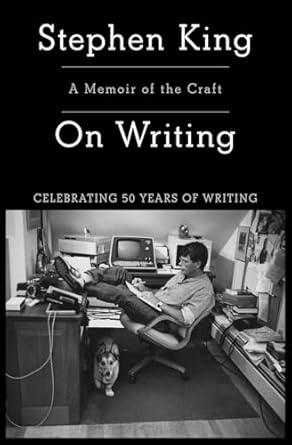
British progressive rock group Yes was at the height of their powers in the fall of 1972 when they released their most adventurous album to date, Close to the Edge. An epic masterpiece composed of three tracks, the title track which clocked in at over 18 minutes, And You and I, 10 minutes long and softer and folksier, and the shorter Siberian Khatru, a more straightforward rocker.
While the entire album is beautiful and complex, my focus today is on And You and I, which is strong on lyrical elements that evoke country living and man's clash with politics. It was written by founding member and original singer, Jon Anderson.
A recurring theme in the song is the idea of "coming quickly to terms of all expression laid," the idea being that an outpouring of emotions brings about peace and harmony, which is counter to "Coins and crosses never know their fruitless worth," which alludes to money and religion and how they break apart our lives instead of unifying them.
Towards the middle and at the end of the song, "And you and I climb over the sea to the valley" unites the lovers who attempt to escape the chaos sowed by preachers and teachers who are often insane with their warnings of mutant enemies, men who appear to be hell-bent on using politics to get what they are after.
In the end, "the truth of man maturing in his eyes...All complete in the sight and seeds of life with you," tells us that however well-meaning politicians and religious zealots are, in the end one must find peace and love and escape from the influence of those who are only out for themselves.
Truth is, making sense of the lyrics is not as easy as I make it sound, and after listening to the album for over forty-five years, I continue to find new truths buried in lyrics which are rich with meaning, but not easy to parse.


